Working in the marketing department, it’s often easy to think that you know best when it comes to how your campaign should be run. To an extent, we may be right. We spend the time looking at the statistics, running the reports, testing, comparing and contrasting. But that doesn’t mean we can do it alone.
We need interdepartmental relationships and teamwork to run an efficient marketing department.
How interdepartmental relations and teamwork help you
Interdepartmental relationships are so important for understanding what it is we’re marketing. What is the USP, why has the product or service been developed in such a way?
We need to work with those that have created the product. The product you’re trying to promote has been made for a purpose. What is that purpose? How will it affect the customer or make their life easier?
It can also make you happier according to the author of
The Happiness Advantage – Shawn Achor. He says that his research has shown that working well or more specifically,
creating friendships with colleagues can boost happiness and reduce stress. Chances are you’re spending around 40 hours a week with the people around you. Instead of having that Sunday dread wouldn’t it be great if you could look forward to seeing your friends on a Monday morning?
When you start to open up these streams of communication between departments, the ideas become more refined.
You will begin to get a deeper understanding of customer pain points. It’s only then we can really develop an effective marketing strategy.
Whether it’s your buyers and merchandisers, or product developers through to the sales team. Having close interdepartmental relationships and teamwork with the parties that understand the product from inception, through to customer service, will allow you to
completely understand your customer journey. As well as the value you’re offering and how to turn one-off purchasers into long-term loyal customers, or even advocates.
How can you break down the barriers?
1. Create a reason to meet up outside the office
Whether it’s a company breakfast, sports event or an evening out together, getting to know your colleagues
on a personal level enhances working relationships. Like anything, if you can create a personal relationship, this makes you emotionally invested. You’re more likely to want to do well for the good of everyone else. It makes everything a team effort.
2. Workshops
Get together with another department and get them involved in your job. Explain what it is you do, why you do it and how it affects their department.
Make this interactive! Create a brainstorming session and include some activities such as role-plays and Q & A’s. These activities may make you cringe but it does allow others to get your perspective and return the favour to them, so you know why and how they operate.
3. Set-up working groups
By setting up a working group with members from multiple departments not only allows you to get to know your colleagues better but also to problem-solve together.
A working group normally focuses on a specific area of concern or project. You then work as a team to fix the issue or complete the project. By working with people who may work in a different style to you will allow for problems to be looked at from another perspective or offer solutions that you may never have thought about.
How does this impact you?
Well, by understanding the way people work, what motivates them, where their inspiration comes from it can allow you to expand your mind, think outside the box. You may learn new techniques or
learn skills that allow you to look at problems from a completely different perspective.
Pragmatically, it essentially means you will have a clearer understanding of why you’re promoting the product or service that your business provides.
By working with sales teams and customer support you can understand exactly what customer feedback is saying. You can then align your business messaging. By working with buyers and developers you understand the key drivers for the product, where the need for the product came from or why it is different from any other equivalent product on the market.
Although it’s easy to think we know what’s best for our campaigns, a marketing department has to work closely with the other business functions in order to market effectively. This is how interdepartmental relationships and teamwork play a huge role in your strategies.
Written by Jen Blair





